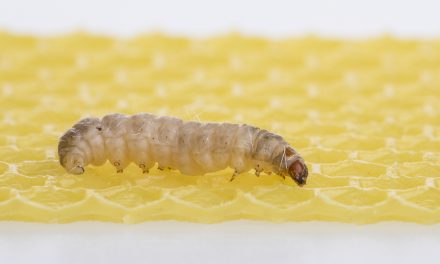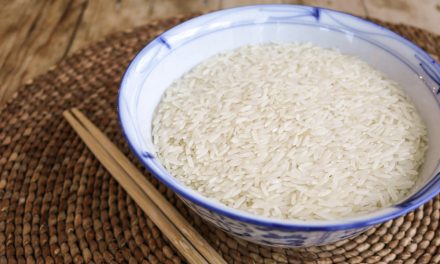HUMANS BEWARE: If the all of the spiders in the world ever get organized, they could eat us all in a mere 12 months!
Spiders are quite literally all around us. They exist in pretty much every home, including 68 percent of bathrooms and more than three-quarters of bedrooms. In fact, there’s a good chance at least one of these amazing creatures is staring at you right now from a darkened corner of the room, with its eight eyes glistening in the shadows.
RELATED STORY:
Spiders eat mostly insects, although some of the larger species have been known to snack on lizards, birds and even small mammals. Experts say if you add up the weight of all the food eaten by the world’s entire spider population in a single year it is more that the combined weight of every human on the planet!
RELATED STORIES:
Martin Nyffeler of the University of Basel in Switzerland, and Klaus Birkhofer of Lund University in Sweden and the Bradenburg University of Technology Cottsbus-Senftenberg in Germany have been studying how much spiders eat, and recently published their findings in the journal the Science of Nature, and the numbers are quite impressive:
“The world’s spiders consume somewhere between 400 million and 800 million tons of prey in any given year. That means that spiders eat at least as much meat as all 7 billion humans on the planet combined, who the authors note consume about 400 million tons of meat and fish each year.
The total biomass of all adult humans on Earth is estimated to be 287 million tons. Even if you tack on another 70 million-ish tons to account for the weight of kids, it’s still not equal to the total amount of food eaten by spiders in a given year, exceeding the total weight of humanity.”1
To reach their conclusions, Nyffler and Birkhofer looked at existing research based on how many spiders live in a square meter of land for all the main habitat types on Earth, and the average amount of food they consume of different sizes in any given year. Then they did a lot of sophisticated estimation.
Their numbers yielded some fascinating facts. Take a look:
“One study estimated that global average spider density stands at about 131 spiders per square meter. Some habitats, like deserts and tundra, are home to fewer spiders. On the other hand, spider densities of 1,000 or more individuals per square meter have been observed under certain “favorable” conditions — since Nyffler and Birkhofer don’t define what “favorable” means in this context, I’m going to assume it refers to dark, dusty places like the area under my bed.
If you gathered up all the spiders on the planet and placed them on a very large scale, together they’d weigh about 25 million tons, according to Nyffler and Birkhofer. For comparison, the Titanic weighed about 52,000 tons. The mass of every spider on Earth today, in other words, is equivalent to 478 Titanics.”1
Biologists have also discovered that spiders generally consume approximately 10 percent of their body weight in food per day. That’s equivalent to a 200-pound man eating 20 pounds of meat each day. Conversely, it would take approximately 2,000 pounds of spiders to consume a 200-pound man in one day.
That means spiders eat at least as much as all seven billion humans on the planet combined. In fact, they could eat every single one of us and still be hungry.
RELATED STORY:
Thankfully, spiders’ voracity actually works out to mankind’s benefit. Because they primarily feast on bugs, their healthy appetite means fewer unwanted pests in the garden, fewer mosquitoes in the yard and fewer flies in the house. Thank you, spiders!
SOURCE:












